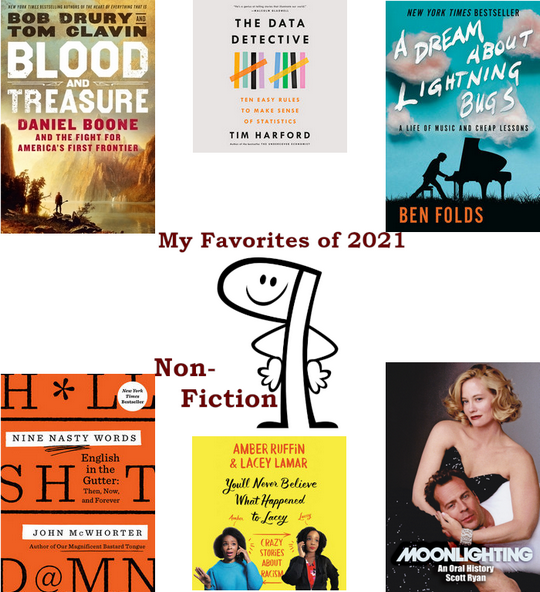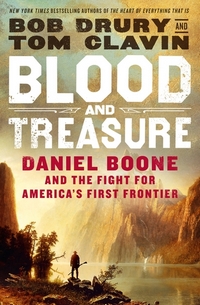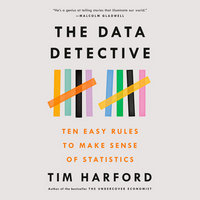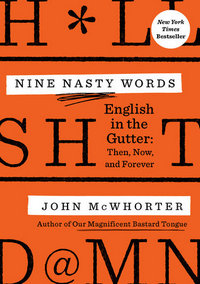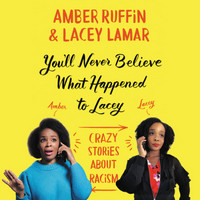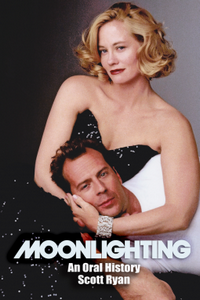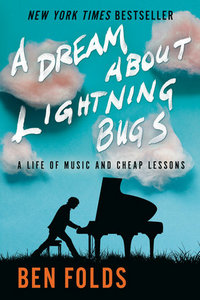 |
A Dream About
|

So what about the middle-aged making pop music? Sure, it’s allowed. But let’s be honest about what pop, or popular, music is. It’s music for the mating age. It’s a soundtrack for that yearning, that youthful anger, those ideals and inside jokes of the teenagers and young adults as they experience the rough ride together. It fills an an important need. It help us get through to adulthood. Pop music can be a life jacket, a sexy security blanket, a hipster Hallmark card. And it communicates very real things. It also requires serious craft and is a competitive business, worthy of great respect. Pop music saved my ass as a kid, paid the bills in my earlier career. And I love to make fun of it.
What’s A Dream About Lightning Bugs About?
Well, it’s a memoir by Ben Folds, covering childhood through the present (give or take a few years). He talks about the teachers that helped him along the way, his struggles in various schools, his early music career (including being a one-man polka band), how horrible he is at marriage, the formation of Ben Folds Five, the dissolution of it, his solo career, parenting and how (and why) his career is shifting, his thoughts on writing, music, comedy and all sorts of other things.
Basically, a little about everything.
Highlights
I don’t have time—and you don’t have the attention span—to write about all the things that are worth saying about this book. So, here’s a quick list of some of the highlights of the book:
 He has a section about humor records that he listened to as a kid, and muses on comedy in general. It was the first time in the book that things really clicked for me.
He has a section about humor records that he listened to as a kid, and muses on comedy in general. It was the first time in the book that things really clicked for me.
 There’s a section about life in the suburbs, the angry music associated with it in the 90s (and beyond) and I thought was really insightful.
There’s a section about life in the suburbs, the angry music associated with it in the 90s (and beyond) and I thought was really insightful.
 The story about the release day for his album Rockin’ the Suburbs and being live on the radio to promote it when the attacks for 9/11 happened. That chapter was just great.
The story about the release day for his album Rockin’ the Suburbs and being live on the radio to promote it when the attacks for 9/11 happened. That chapter was just great.
 It’s hard to beat a section on writer’s block by someone who’s worked through it.
It’s hard to beat a section on writer’s block by someone who’s worked through it.
 I’m a big fan of the (little known) band Fleming and John—him talking about them for a paragraph or two made me really happy. Also, the part of the book about William Shatner? There’s nothing like a good Shatner story.
I’m a big fan of the (little known) band Fleming and John—him talking about them for a paragraph or two made me really happy. Also, the part of the book about William Shatner? There’s nothing like a good Shatner story.
 Folds has done some truly horrible things on tour—throwing piano stools on a regular basis with the band (and breaking other things with those stools), lying like crazy about his personal life on tour with John Mayer and the fallout from it. It ain’t pretty, but it’s good to see him talking about it.
Folds has done some truly horrible things on tour—throwing piano stools on a regular basis with the band (and breaking other things with those stools), lying like crazy about his personal life on tour with John Mayer and the fallout from it. It ain’t pretty, but it’s good to see him talking about it.
The Spotify Playlist
Random House has a Spotify playlist for the book, which is just a great idea. It’s a great soundtrack for the book or just fun to listen to on its own. There are many songs by Folds that he talks about or makes a passing reference to in the book. There are also many songs that he didn’t write/record but that he talks about. If you like Folds/the music that inspired him—you’re going to dig this.
So, what did I think about A Dream About Lightning Bugs?
I enjoyed getting to know Folds a bit better—warts and all. It took a long time for me to really get into it, though. Yes, the parts about his early life were interesting—and I enjoyed it, but it was really easy to put the book down.
But once we got to Ben Folds Five? I was hooked and I flew through the rest of the book. Maybe it’s because I was getting background information on the band and music I knew so well. But I think it’s because Folds shows a different kind of passion for things once his career started to take off and that passion translated into being more interesting reading. It’s likely a little of both and a few other things, too.
Some of the book that’s less about him and his career and more about his thoughts about creating, performing, music, etc.—that’s inspirational, motivational—and the kind of thing I’ll come back to re-read from time to time.
This probably isn’t a book for people who aren’t at least a casual fan of Folds as a solo artist or his band. But for those who are? It’s a lot of fun, and worth the time.

This post contains an affiliate link. If you purchase from it, I will get a small commission at no additional cost to you. As always, opinions are my own.
![]()


